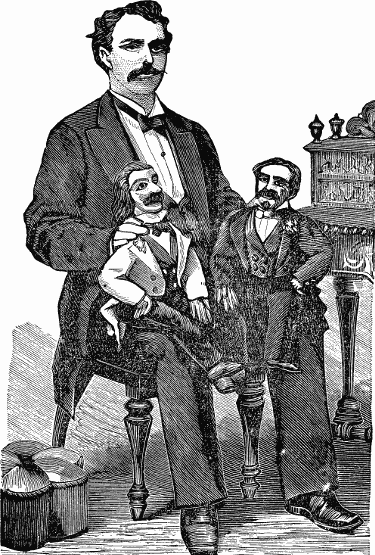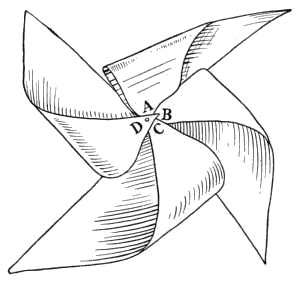In Stanislavski’s diary he wrote that his teacher, Arkadi Tortsov, spoke to the class against pernicious enemies of art. He said, “‘You must fight them as hard as possible, and, if that does not work, then they must be driven off the stage. And so,’ he turned to Varya once more, ‘make up your mind once and for all. Did you come here to serve art and make sacrifices for it or to exploit it for your own personal ends?’” (Stanislavski 2008:35).
Serve art. Make your sacrifices, Writer.
Stanislavski, K. 2008. An Actor’s Work. A Student’s Diary. Trans. Jean Benedetti. London: Routledge: From Konstantin Stanislavsky, 1950. Rabota Aktera nad Soboi [The Actor’s Work on Oneself] Moscow: Iskusstvo

